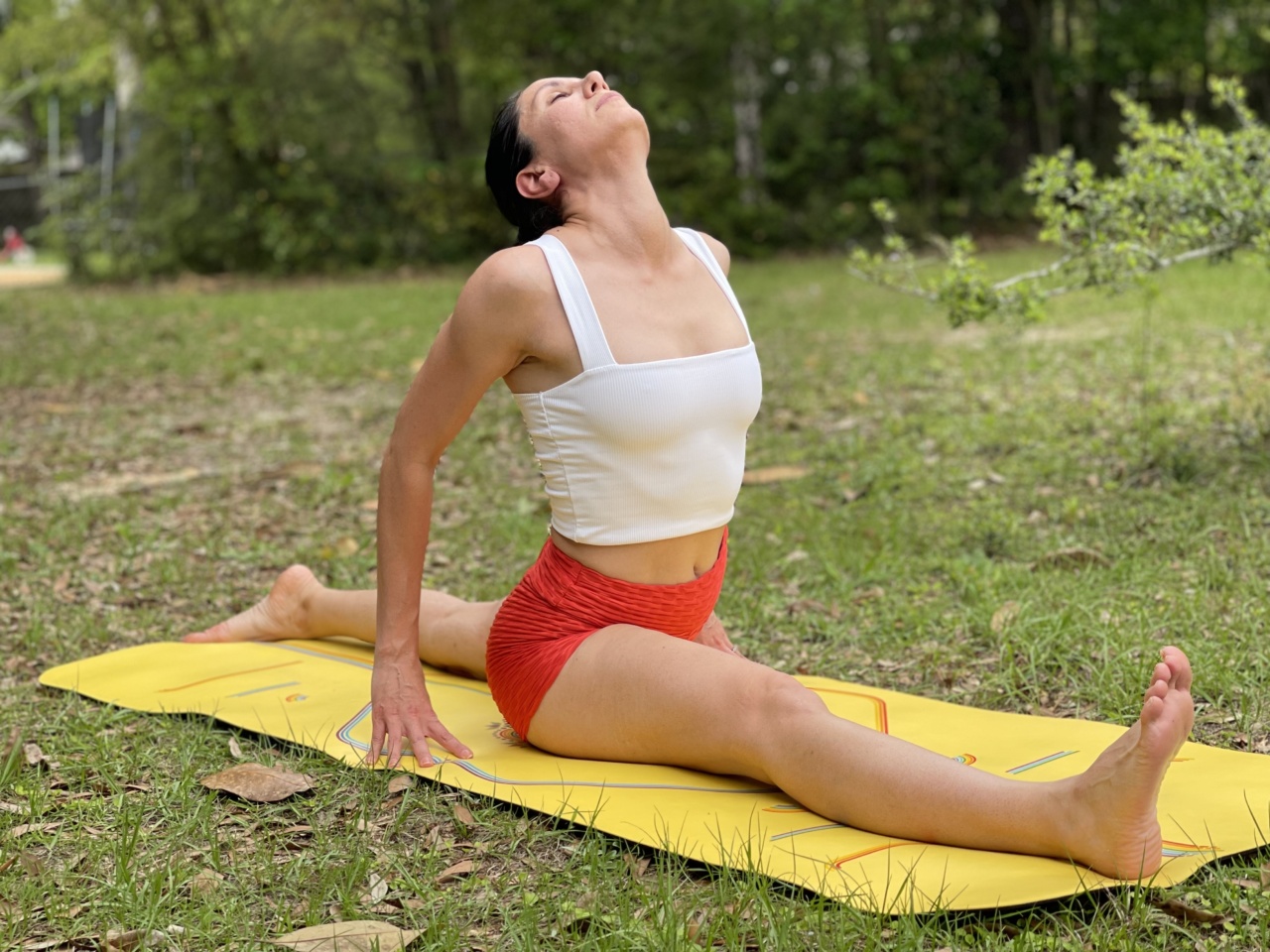Meditation is an ancient practice that has gained a lot of popularity in recent years due to its potential benefits to one’s physical, mental, and emotional health.
It involves sitting quietly, focusing on one’s breath or a specific object, and clearing the mind of distractions. It may seem daunting to someone who has never meditated before, but the truth is, anyone can do it with the right mindset and approach. Here are some tips for beginners who want to start meditating:.
1. Start small and be consistent
If you’re new to meditation, don’t try to meditate for an hour right away. Start with just a few minutes, say 5-10 minutes a day, and gradually increase the duration as you get more comfortable with the practice.
It’s better to meditate for a few minutes on a regular basis than to meditate for a long time irregularly. Make it a habit by setting aside the same time and place for your daily meditation practice.
2. Create a conducive environment
Choose a quiet place where you won’t be disturbed. You can light a candle or burn some incense to create a calming atmosphere.
Wear comfortable clothing and sit in a comfortable position, either cross-legged on a cushion or on a chair with your feet flat on the ground. You can also use a meditation app or listen to soothing music to enhance your meditation experience.
3. Focus on your breath
The most common meditation technique is to focus on your breath. Sit with your eyes closed and breathe naturally.
Bring your attention to your breath, observe the sensation of the air flowing in and out of your nostrils, and how your belly rises and falls with each inhalation and exhalation. Whenever your mind wanders, gently bring your attention back to your breath. Don’t judge yourself for getting distracted, it’s a normal part of the process.
4. Practice mindfulness
Mindfulness is the act of being present in the moment and fully aware of your thoughts, feelings, and sensations without judgment. You can practice mindfulness by simply paying attention to your surroundings and your experiences.
You can eat mindfully by savoring each bite, walk mindfully by noticing your surroundings, or even wash dishes mindfully by focusing on the sensations of the water and soap on your hands.
5. Learn from a teacher or a community
If you’re serious about meditation, consider learning from a teacher or joining a meditation group or community. A teacher can guide you on the right technique and provide personalized feedback.
A community can offer support and inspire you to keep going. There are many resources available online, such as guided meditation videos and forums, but nothing beats the experience of learning from a real person.
6. Be patient and kind to yourself
Meditation is not a quick fix or a magic bullet. It takes time and effort to see the benefits. Don’t expect instant results or get discouraged if you don’t feel anything on your first try.
Every meditation session is different, and there’s no such thing as a perfect meditation. The key is to keep practicing and be kind to yourself. Treat yourself with the same compassion and love that you would give to a close friend.
7. Experiment with different techniques
There are many types of meditation techniques, and not all of them may work for you. Don’t be afraid to experiment with different techniques until you find the one that resonates with you.
You can try body scan meditation, mantra meditation, visualization meditation, or even walking meditation. The goal is to find a technique that helps you to quiet your mind and find inner peace.
8. Incorporate meditation into your daily routine
Meditation doesn’t have to be a standalone activity. You can incorporate it into your daily routine by meditating during your commute, your lunch break, or before bedtime.
You can also use meditation to enhance other activities, such as yoga or exercise. By making meditation a part of your daily life, you can experience its benefits even outside of your formal meditation practice.
9. Don’t give up
Like any new habit, meditation takes time to form. Don’t give up if you miss a day or two of meditation or if you find it hard to stay focused. Remember that meditation is a journey, not a destination.
If you fall off the wagon, simply pick yourself up and start again. With persistence and dedication, you can reap the rewards of meditation.
10. Celebrate your progress
Finally, don’t forget to celebrate your progress. Whether you’ve meditated for a week or a year, each day of practice is a step towards a more mindful and peaceful life.
Take note of how you feel after each meditation session and how it affects your daily life. Celebrate the small victories, such as sitting still for five minutes without fidgeting or noticing your breath for longer periods of time. By acknowledging and celebrating your progress, you can stay motivated to continue your practice.































